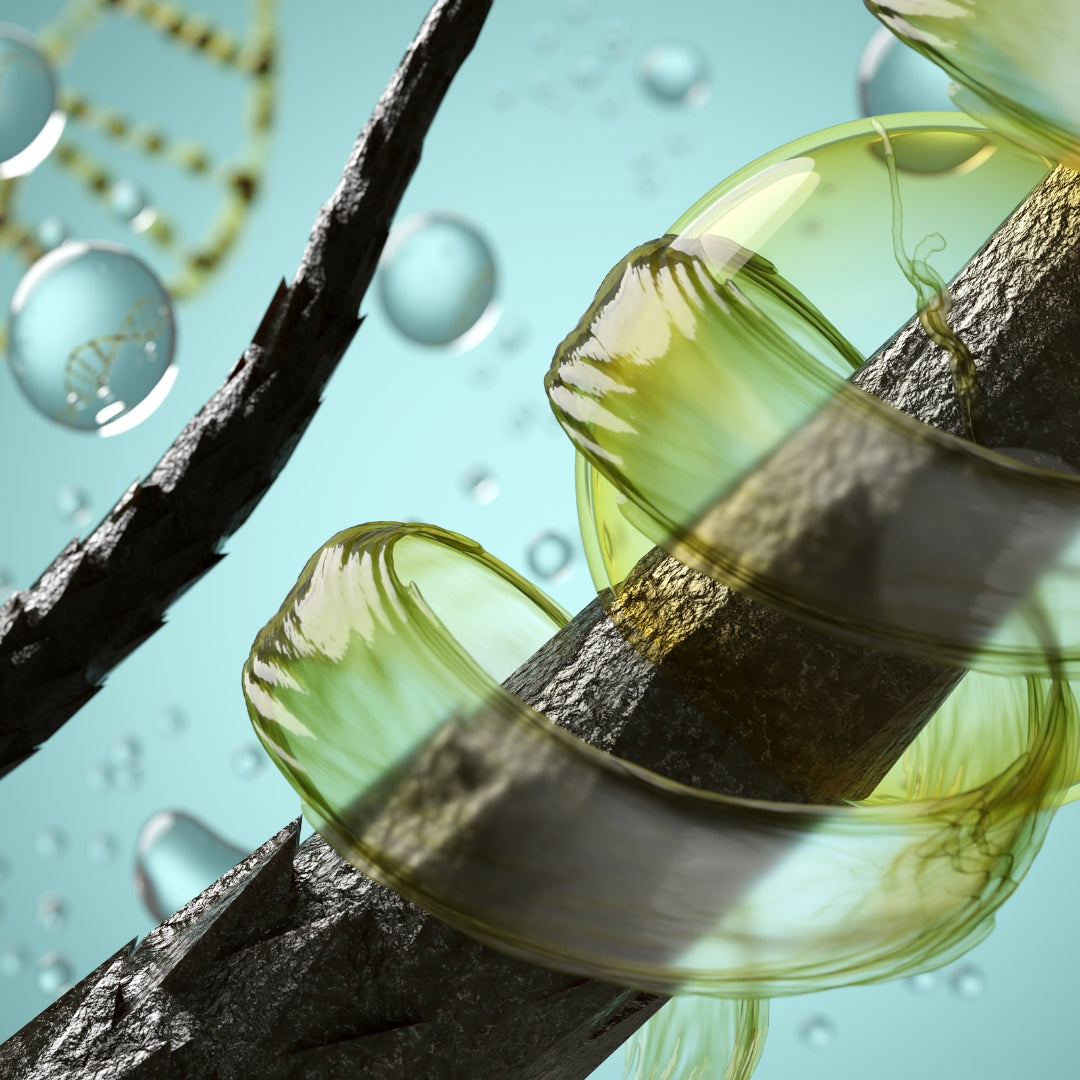
What Makes Organic Hair Colour Safe and Effective?
Interest in organic hair care products, especially Organic Hair Colour Safe and Effective, has grown in recent years. A growing number of people are switching from traditional colors to organic substitutes because they are worried about the possible hazards of using harsh chemicals. We'll look at what makes organic hair color safe and effective in this blog post.
Organic Components
Natural materials, including plant extracts, herbs, and botanicals, are used to make organic hair color. Like today, there is a company called Cultivator's which has been working in this direction for the last 36 years and is certified with certificates like Fair for Life, GMP, FSMA and USDA etc. Without the use of harsh chemicals like ammonia and parabens, these substances provide great color without being harsh on the hair or scalp.
Lack of Dangerous Chemicals
Organic Hair Colour Safe and Effective & it does not include harsh chemicals that might damage hair or trigger allergic reactions, unlike conventional hair dyes. The danger of scalp irritation and other negative effects is reduced by using organic hair color, which omits substances like ammonia, sulphates, and PPD (para-phenylenediamine).
Mild Formulation
The composition of organic hair color is meant to be kind to the hair and scalp. It feeds and conditions the hair, leaving it smooth, silky, and healthy-looking, rather than eliminating natural oils.
Decreased Allergic Reaction Risk
Organic hair color has a lower chance of causing adverse responses because it is made of natural materials and doesn't include common allergens. All hair colors, organic or not, should still be tested on a small area of skin first.
Durable Outcomes
Despite popular belief, properly applied organic hair color can yield long-lasting effects. Henna, indigo, and amla are some of the ingredients that provide long-lasting color so your new shade will continue to look great for weeks.
Personalized Shades
By combining several natural substances, organic hair color can be customized in terms of shade. Organic dyes offer flexibility and diversity to suit your preferences, whether you're going for a strong new style or a subtle adjustment.
Sustainability of the Environment
By utilizing biodegradable materials and sustainable sourcing methods, organic hair color promotes environmental sustainability. Products with certifications like USDA Organic or Ecocert guarantee that they adhere to high environmental standards, making them more environmentally friendly options.
Skilled Composition
High-quality organic hair color products are expertly formulated by professionals who understand the intricacies of natural ingredients. These formulations ensure that you can achieve your desired color without compromising on safety or effectiveness.
Conclusion
With no harsh chemicals used, organic hair color is a safe and effective substitute for traditional dyes, giving you brilliant, long-lasting color. Organic hair color is friendly to the environment and hair, producing beautiful results by utilizing the power of natural ingredients.
FAQs
-
Can sensitive skin tolerate hair color that is organic?
Yes, because they don't include common allergens like ammonia and PPD, organic hair colors are generally safe for sensitive skin. To be sure there are no possible reactions, a patch test should always be done before applying any hair color.
-
Are all hair types appropriate for organic hair colors?
Indeed, all hair types—including dry, oily, and normal hair—can use organic hair color. They can aid in enhancing the general health and condition of the hair and are kind to the hair and scalp.
-
I'm pregnant; should I use organic hair color while nursing?
Compared to conventional dyes, organic hair colors are usually thought to be safer to use while pregnant or nursing, but it's always advisable to speak with your healthcare provider before applying any hair color during this time.
